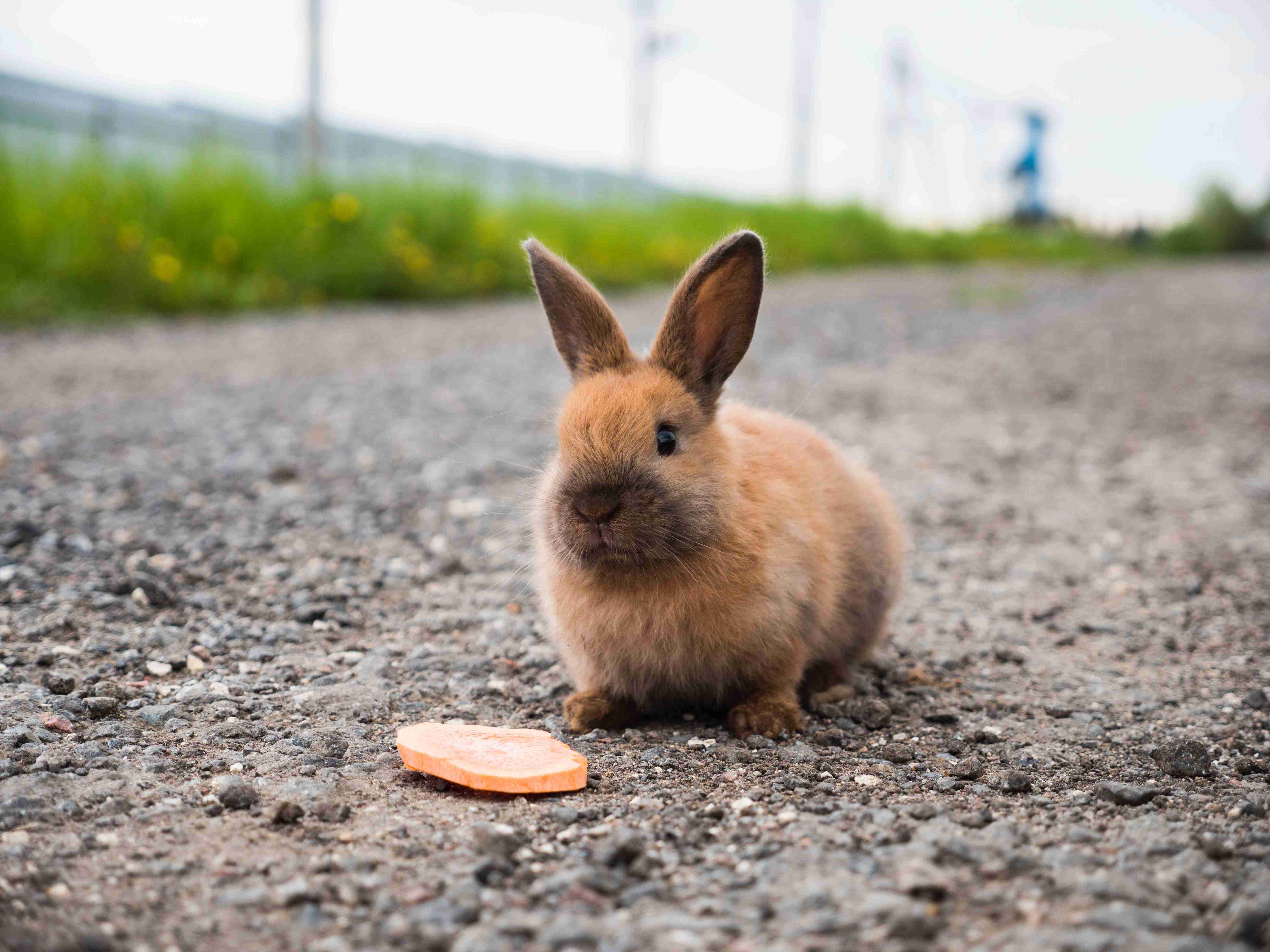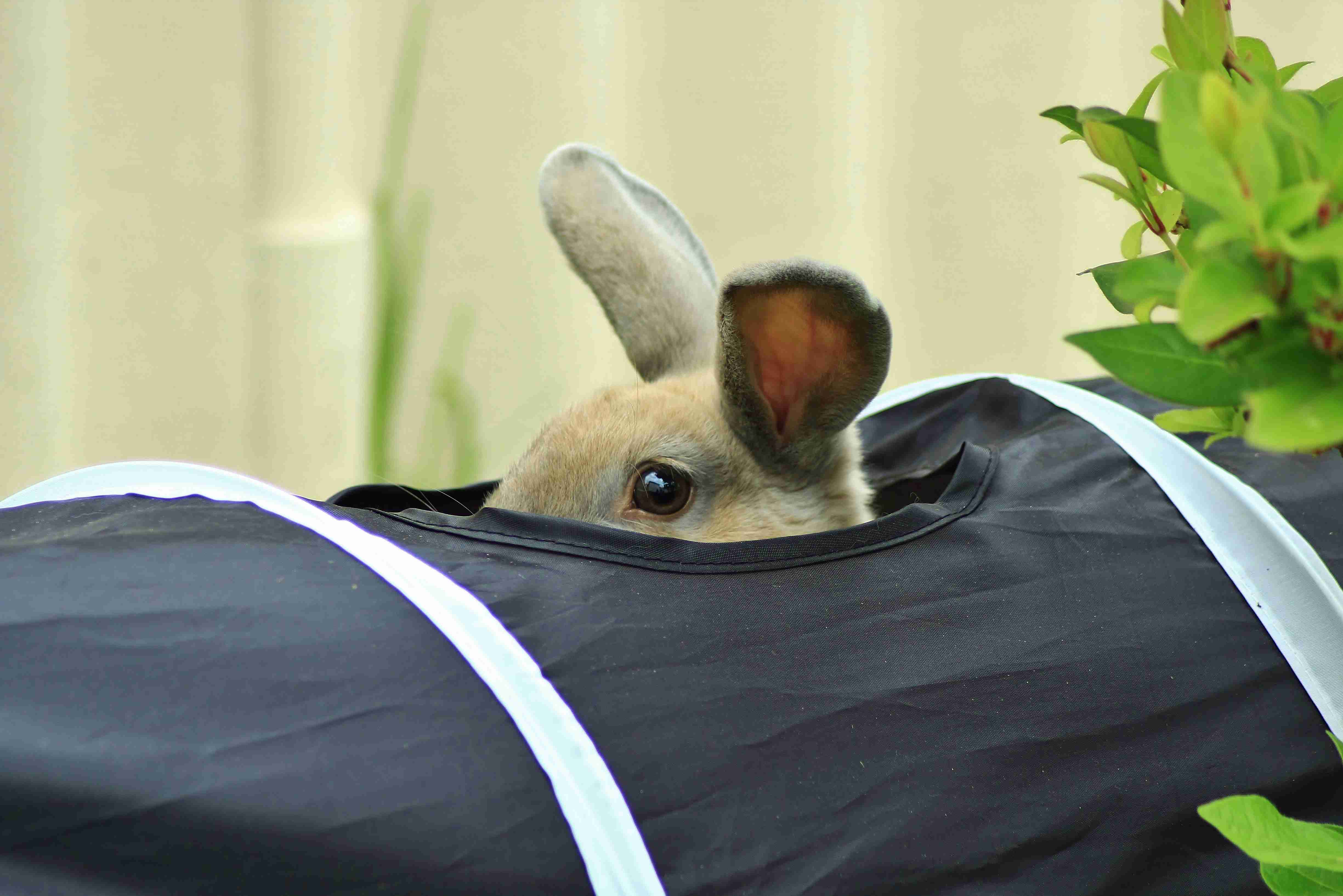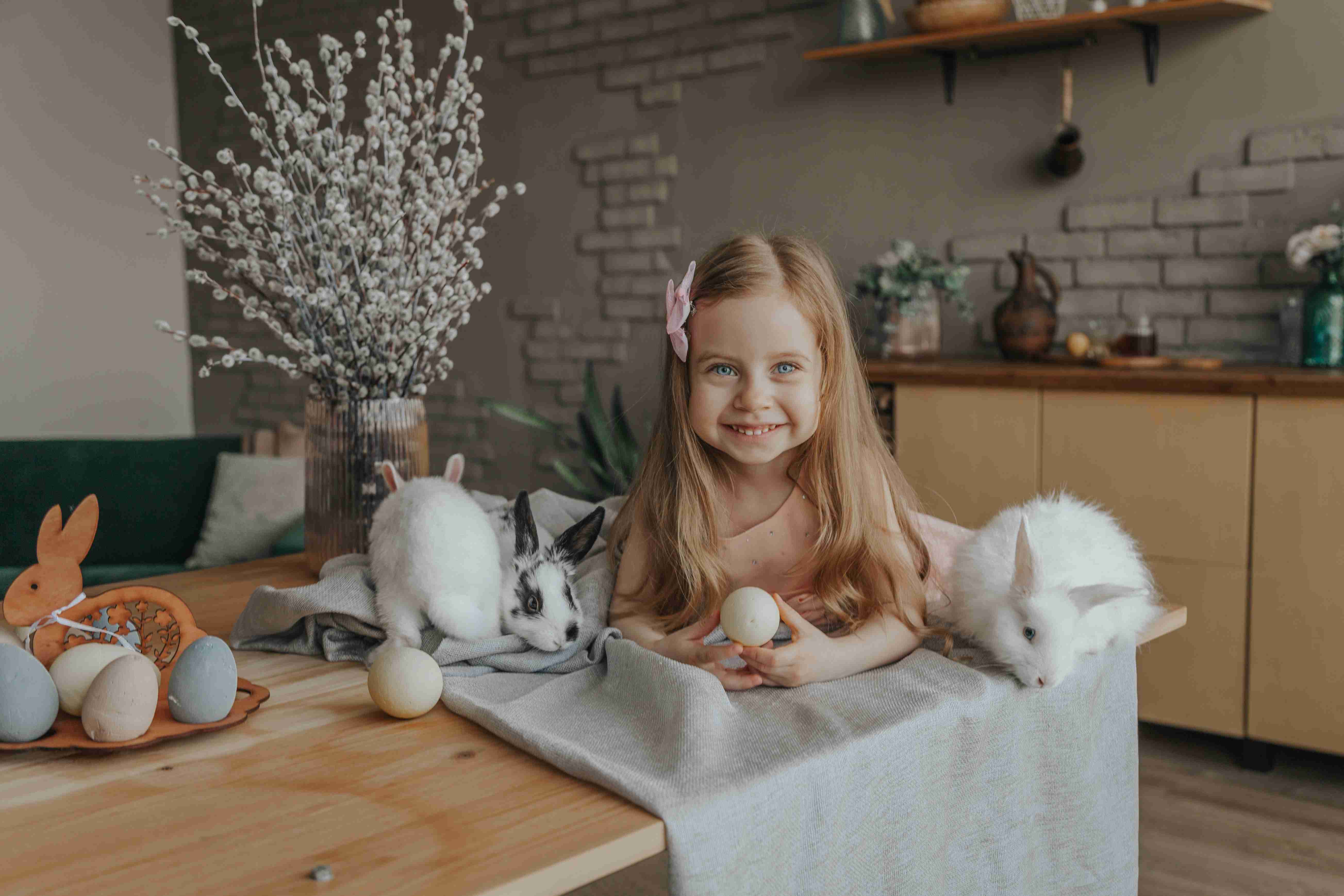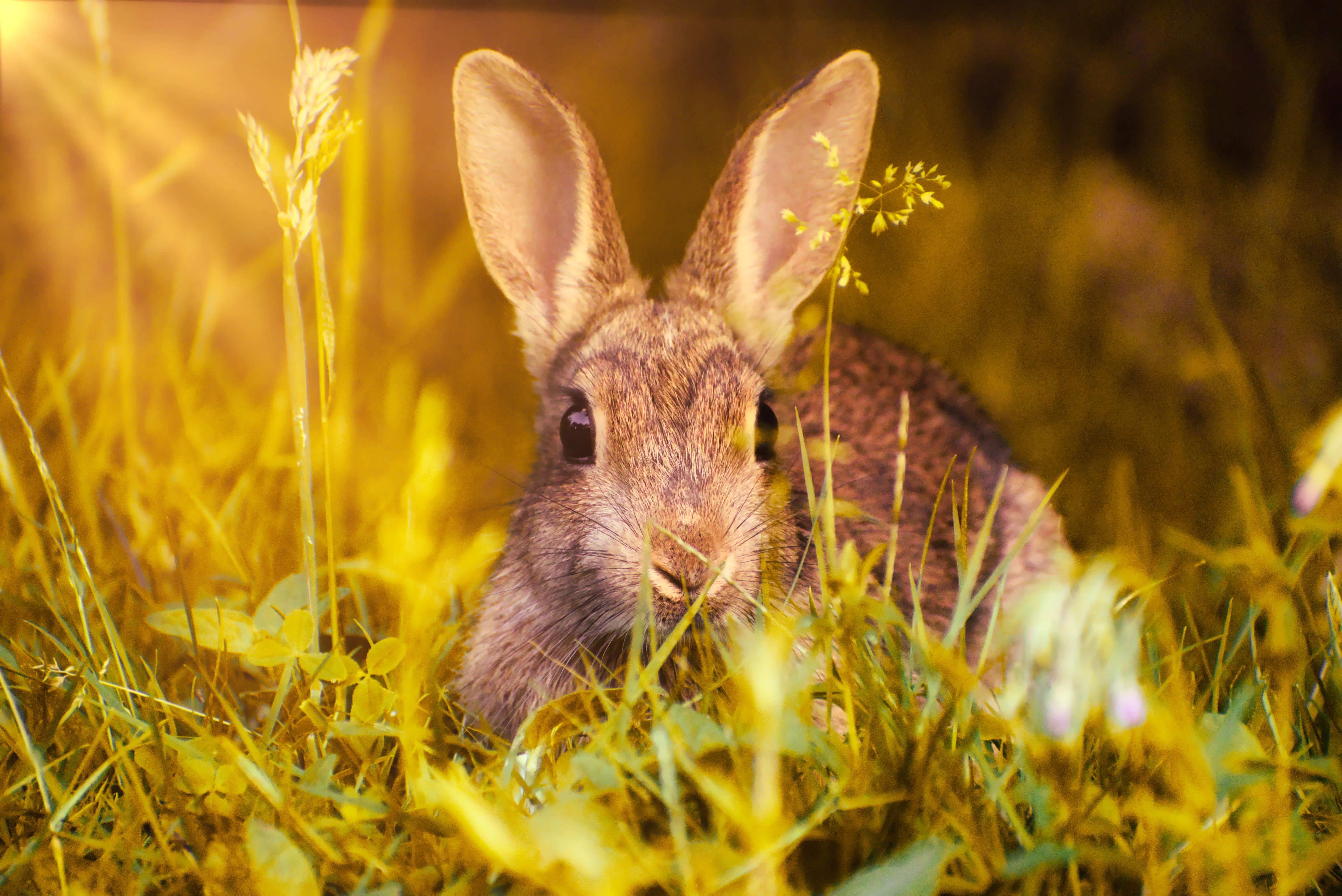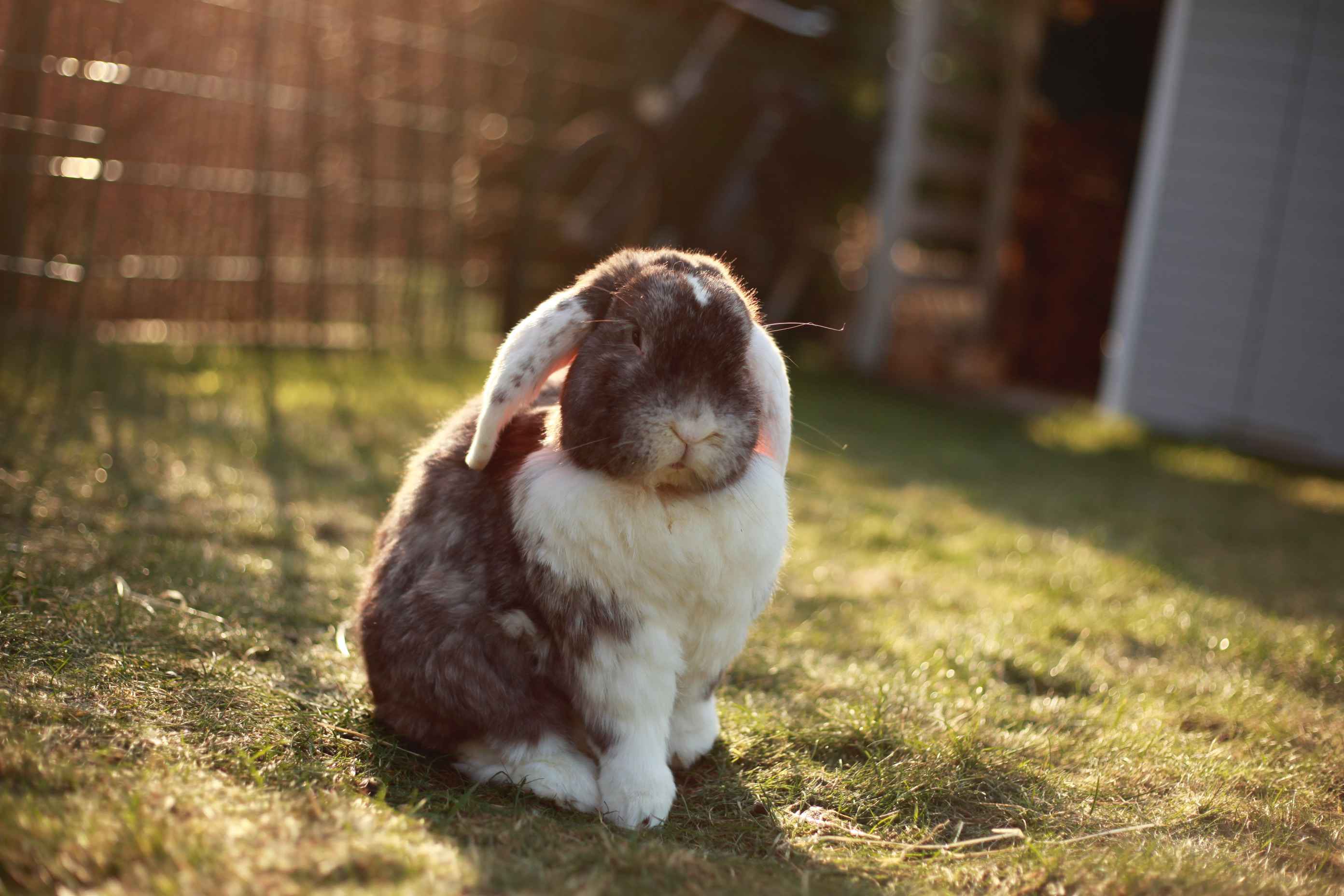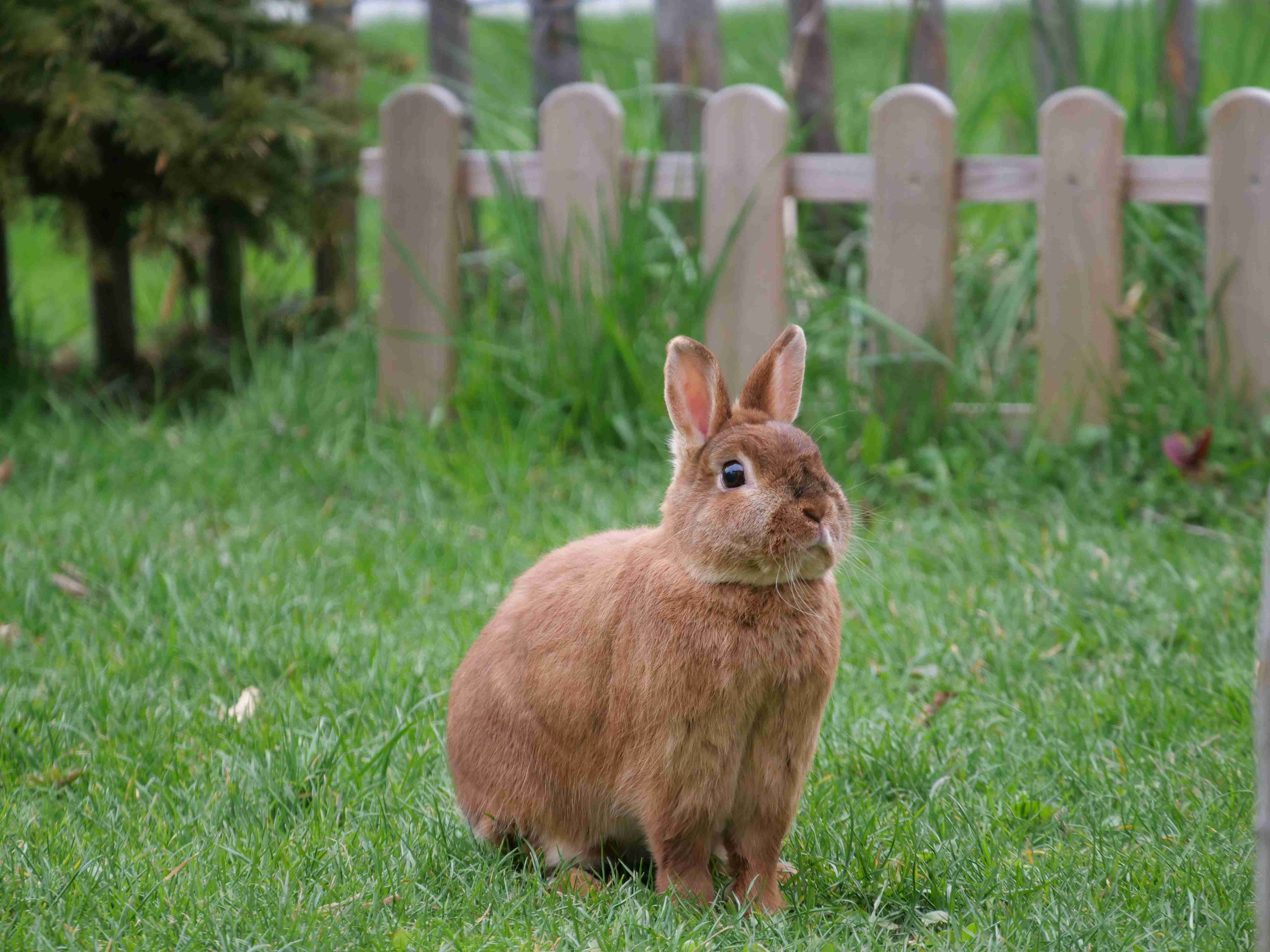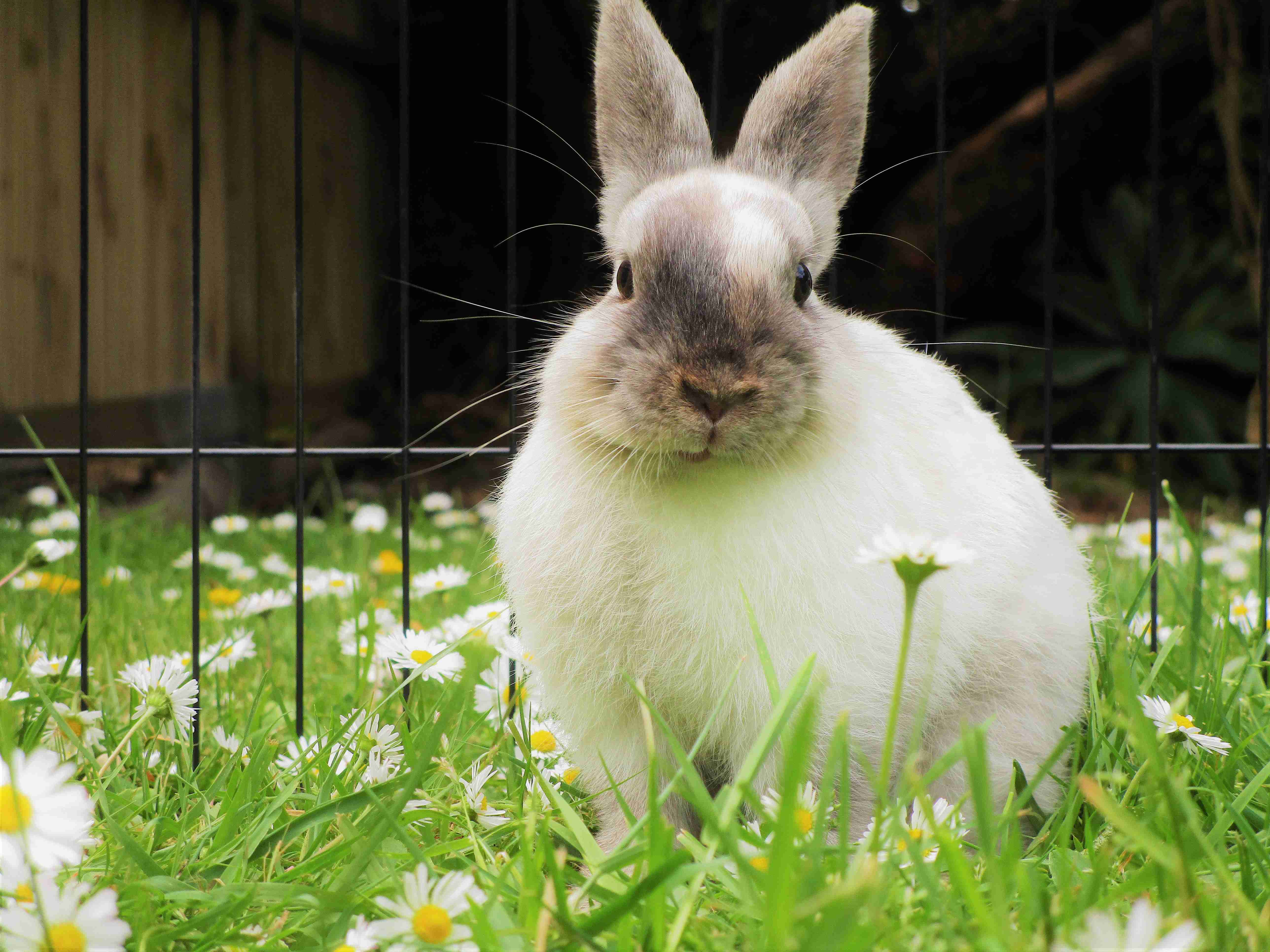Rabbits are adorable and fascinating creatures that make wonderful pets. However, they are also prone to several respiratory problems that can be life-threatening if left untreated. As a responsible rabbit owner, it’s essential to be aware of the most common respiratory issues that rabbits can develop and know how to identify the warning signs. In this guide, we’ll take a closer look at some of the most common respiratory problems in rabbits, their causes, symptoms, and treatment options. Whether you’re a seasoned rabbit owner or just getting started, this guide will help you keep your furry friend breathing easy. So, let’s dive in!
Rabbits are one of the most beloved pets in the world, and for good reason. They are cute, cuddly, and make great companions. However, like all animals, rabbits are prone to certain health problems. One of the most common issues that rabbits face is respiratory problems.
Respiratory problems in rabbits can be caused by a variety of factors, including bacteria, viruses, and parasites. In some cases, respiratory problems can be a sign of a more serious underlying condition. It is important to keep an eye out for any signs of respiratory distress in your rabbit, as early detection and treatment can make all the difference.
Some of the most common respiratory problems in rabbits include snuffles, pneumonia, and pasteurellosis. Snuffles is a bacterial infection that affects the upper respiratory tract, and can cause symptoms such as sneezing, nasal discharge, and difficulty breathing. Pneumonia is a more serious respiratory infection that can cause fever, lethargy, and labored breathing. Pasteurellosis, also known as rabbit fever, is a bacterial infection that can affect the respiratory system as well as other parts of the body.
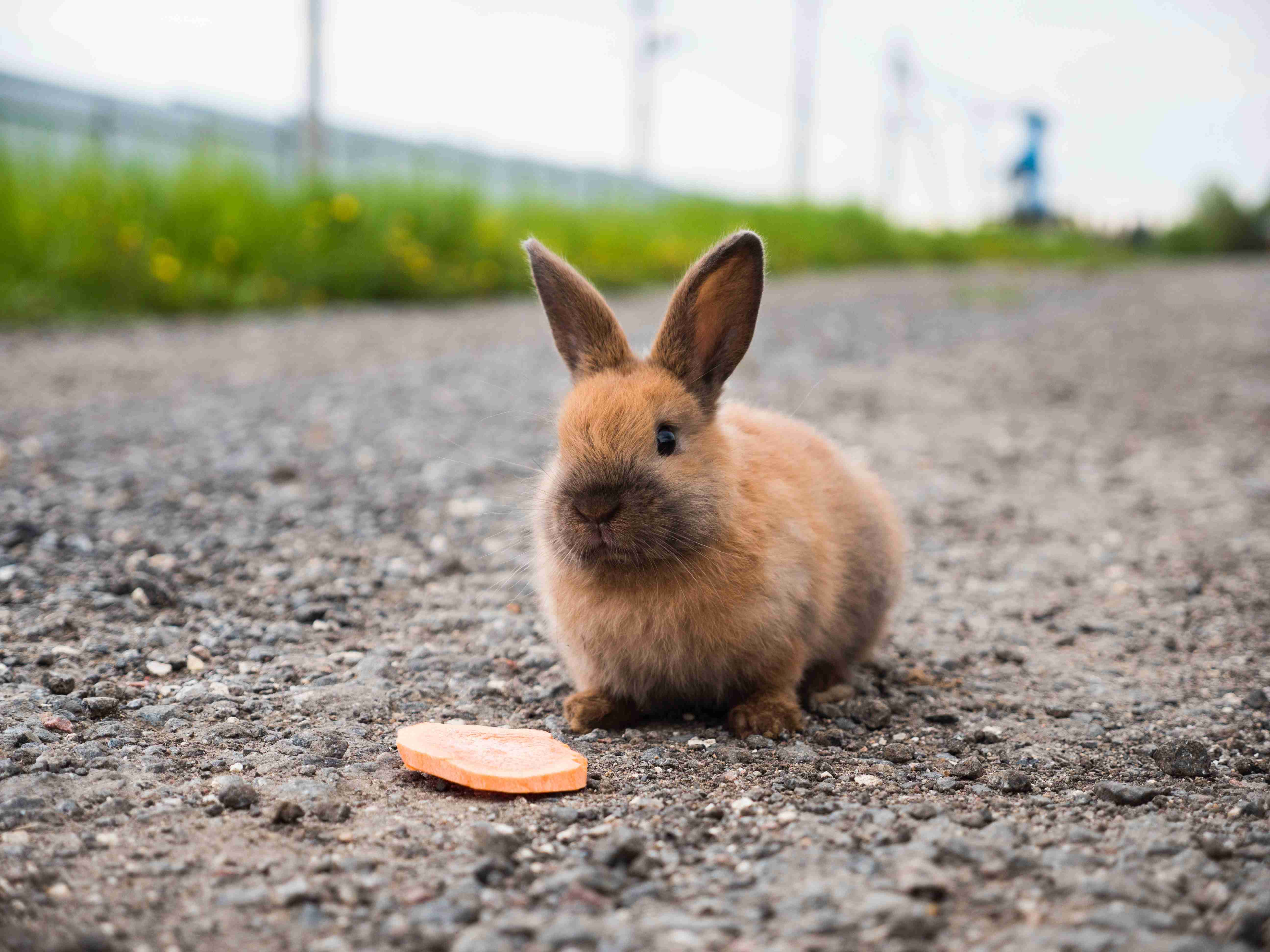
Preventing respiratory problems in rabbits is key to keeping your pet healthy. One of the best ways to prevent respiratory problems is to keep your rabbit’s living environment clean and free of bacteria and other harmful pathogens. Regularly cleaning your rabbit’s cage or enclosure, providing fresh water and food, and avoiding overcrowding can all help prevent respiratory problems.
If your rabbit does develop a respiratory problem, it is important to seek veterinary care right away. Your vet can diagnose the problem and prescribe appropriate treatments, such as antibiotics or other medications. In some cases, your vet may recommend hospitalization or other supportive care to help your rabbit recover.
In conclusion, respiratory problems are a common health issue that rabbits can face. By taking steps to prevent respiratory problems and seeking veterinary care promptly if your rabbit does develop any symptoms, you can help ensure that your pet stays healthy and happy for years to come.
In conclusion, respiratory problems in rabbits can be serious and even life-threatening if not addressed promptly. As a responsible rabbit owner, it is important to keep a close eye on your pet’s breathing and seek veterinary care if you notice any signs of respiratory distress. By taking preventive measures, providing proper care, and seeking professional help when needed, you can help your furry friend breathe easy and lead a happy, healthy life. Remember, a healthy rabbit is a happy rabbit!


